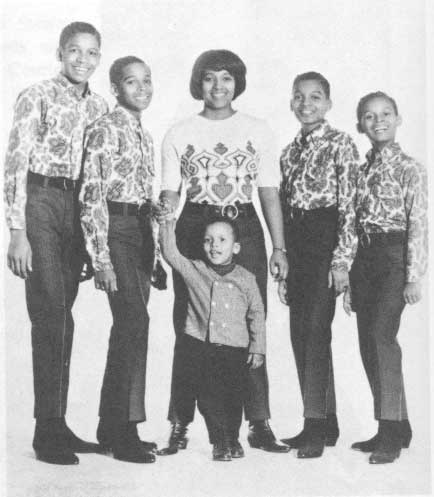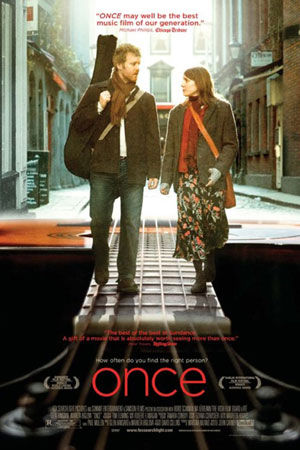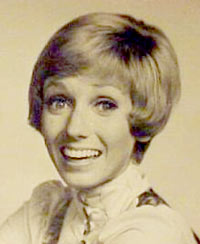After working up all those one-hit wonders last week, I got to wondering what the greatest one-hit wonders of all time were, i.e., which were the greatest songs put out by people who only managed to have that single hit. Let's rely on
Rolling Stone's list of the 500 greatest songs of all time, and we'll pick out the songs on that list that were the only Top Forty hits for that artist. Some of them will still not quite be what we mean when we say "one-hit wonder": "Chicago" was the only Top Forty hit for Graham Nash, but come on.
Let's go:
"Layla," Derek and the Dominos (No. 27 on the RS list): See, this is what I was talking about with Graham Nash. This isn't really a one-hit wonder. Pass.
"All Along the Watchtower," Jimi Hendrix Experience (48): Likewise. "Purple Haze," by the way, peaked at No. 65.
"For What It's Worth," Buffalo Springfield (63): We're getting closer, but this is still not it.
"Blue Suede Shoes," Carl Perkins (95): Does he count? This was Perkins' only Top Forty hit, reaching Number Two in 1956, and I see references to other people having country hits with songs Perkins wrote, but no hits for Carl himself. So "Blue Suede Shoes" may well be the greatest true one-hit wonder of all time.
"Me and Bobby McGee," Janis Joplin (148): "Piece of My Heart," of course, was by Big Brother and the Holding Company.
"Earth Angel," the Penguins (151): Going all the way back to 1954 for our second true one-hit wonder.
"Loser," Beck (200): "Where It's At" peaked at No. 61. He still has time to rectify this, of course.
"Rapper's Delight," Sugarhill Gang (248): Our first non-ancient true one-hit wonder.
"All the Young Dudes," Mott the Hoople (253): They count. Nobody remembers "All the Way to Memphis," do they?
"Money (That's What I Want)," Barrett Strong (288): The first big Motown hit. Strong might have had more, but he retired from performing to focus on writing and producing.
"Spirit in the Sky," Norman Greenbaum (333): The canonical one-hit wonder.
"Piece of My Heart," Big Brother and the Holding Company (344): See "Me and Bobby McGee."
"Bitter Sweet Symphony," the Verve (382): The most recent song on this list, but they've apparently broken up, so they seem unlikely to get that second hit.
"O-o-h Child," the Five Stairsteps (392): We just discussed this one.
"Lady Marmalade," LaBelle (479): Patti LaBelle, of course, had many other solo hits.
"The Boys Are Back in Town," Thin Lizzy (499): A one-hit wonder here in the U.S. of A., they are so big back home in Ireland that in a scene in the movie
Once, which apparently isn't any good, you can see a statue of Phil Lynott in downtown Dublin.













